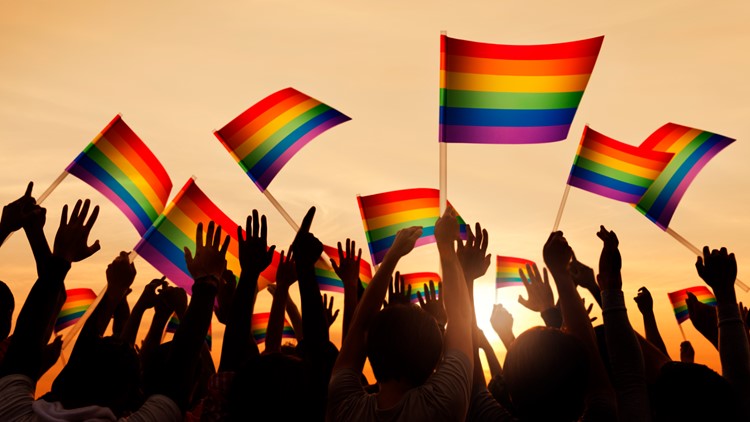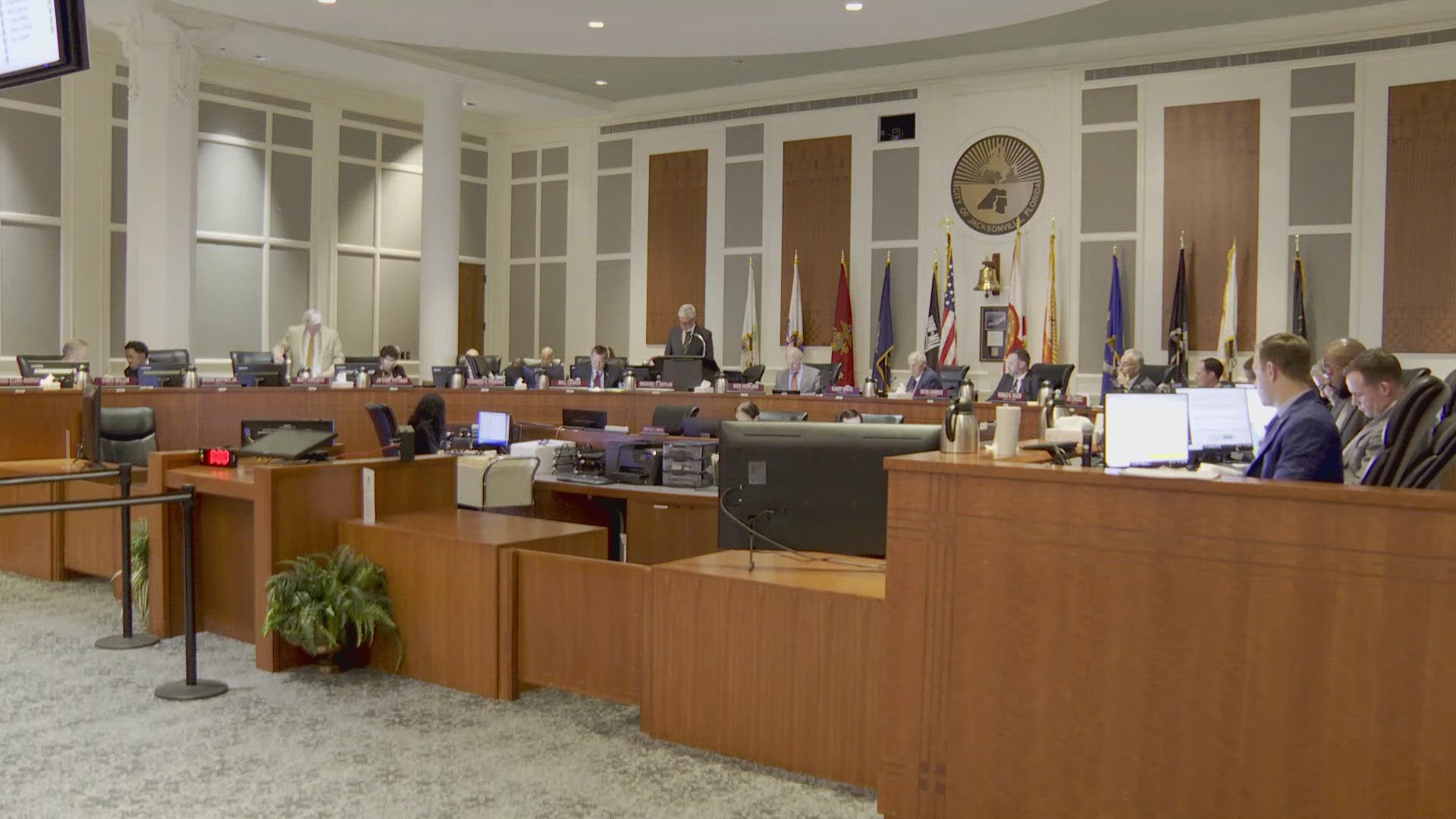The Jacksonville City Council on Tuesday restored discrimination protections for lesbian, gay, bisexual and transgender people that were enacted in 2017 but struck down last month by a Florida appeals court.
The Florida 1st District of Appeals declared the law unenforceable on May 1 based on a technical issue with the process the council used to pass the law. The court didn’t find any issues with the law itself, which left the door open for the council to pass a replacement law.
Councilman Aaron Bowman, a sponsor of the 2017 law, quickly introduced such a bill, and Jacksonville’s LGBT community is back under the city’s umbrella of discrimination protections after the council’s 15-4 vote.
Council members Al Ferraro, Randy White, Sam Newby and Danny Becton voted against the bill.
The unexpected return of the divisive issue attracted some of the same passionate testimony from supporters and opponents seen in 2017, although the magnitude and suspense didn’t live up to the showdowns at City Hall over similar laws in 2012, 2016 and 2017.
The council has been holding meetings virtually since the coronavirus outbreak, preventing the large crowds that have filled the council chambers in the past. The final vote was particularly anticlimactic: a veto-proof majority had already signaled support for the legislation last week, the council heard no speakers before voting, and no council members spoke before voting.
Mayor Lenny Curry has said he will sign the bill into law if the council passed it.
The appeals court unexpectedly reversed the city’s successful defense of a lawsuit filed in 2017 by the Orlando-based Liberty Counsel, ruling the city violated state and local laws by failing to include each section of the city’s existing Human Rights Ordinance that was changed in the 2017 law. The law simply stated that sexual orientation and gender identity would be added to every part of the law that listed the groups protected by discrimination.
City attorneys created the new legislation to mirror the content of the 2017 law but told council members they complied with how the appellate court said the law should have been originally written.
Since the law was passed in 2017, the Jacksonville Human Rights Commission has received five complaints of employment discrimination and two housing discrimination complaints on the basis of sexual orientation and gender identity. It has received no complaints over public accommodations, which covers private businesses open to the public.



